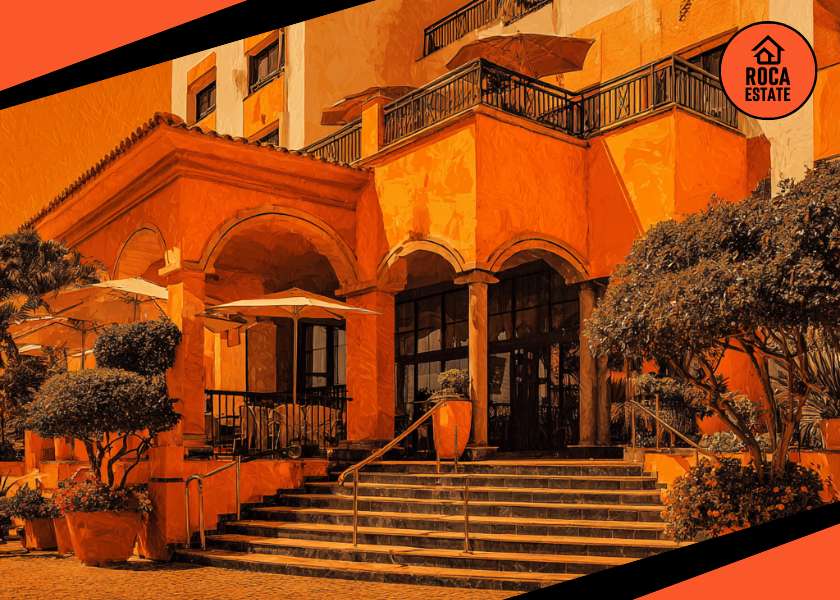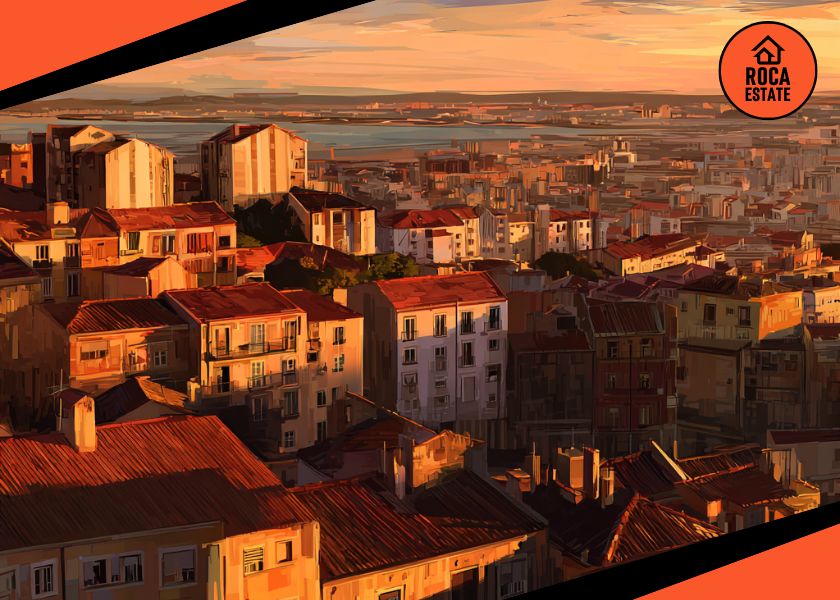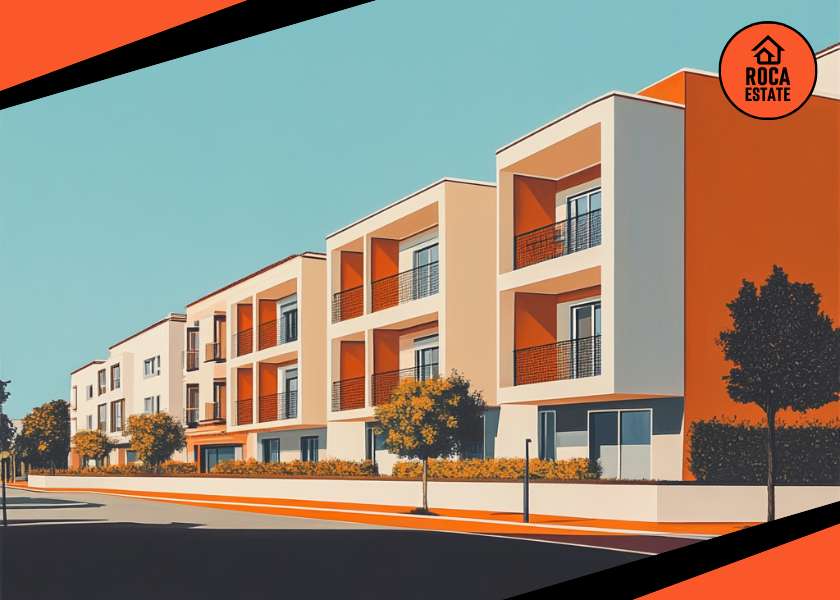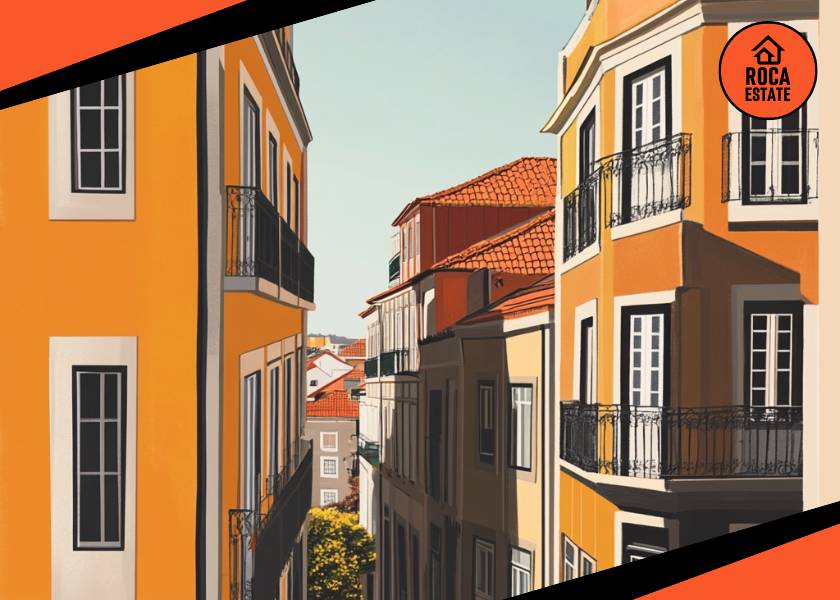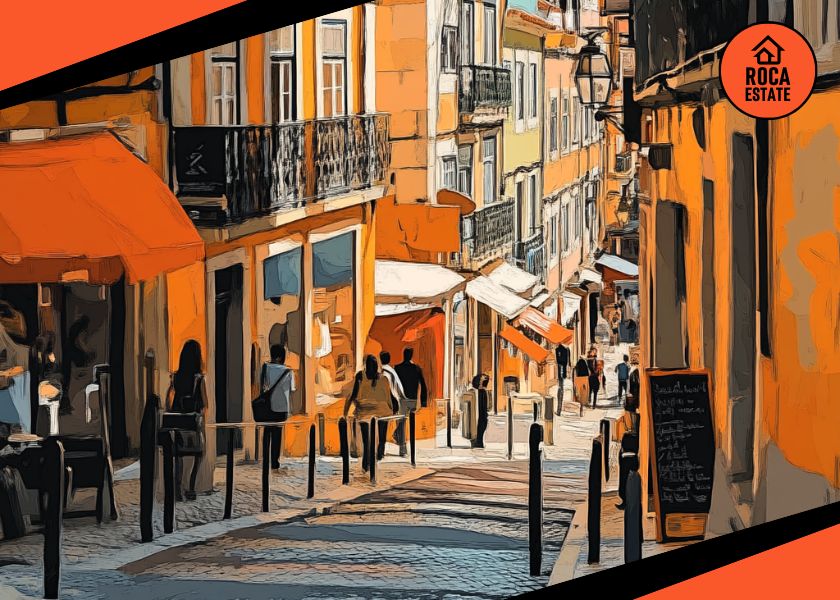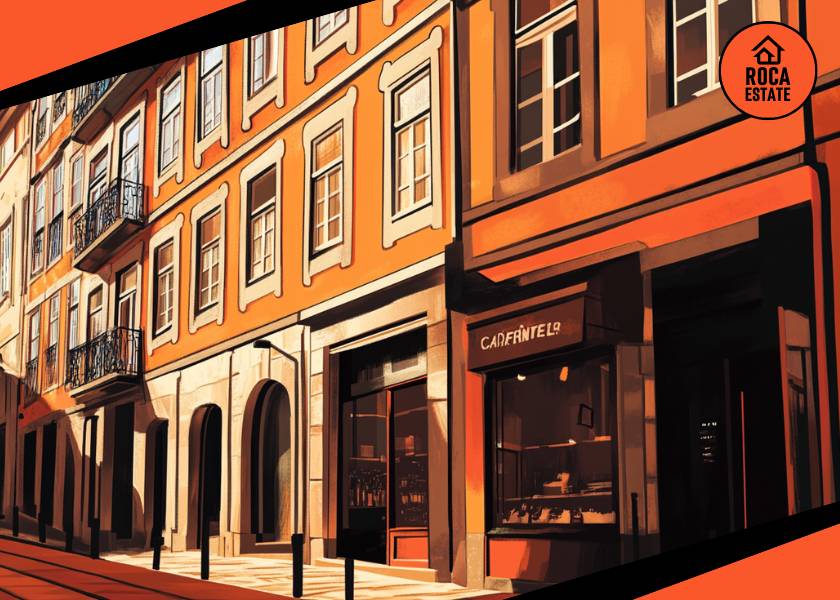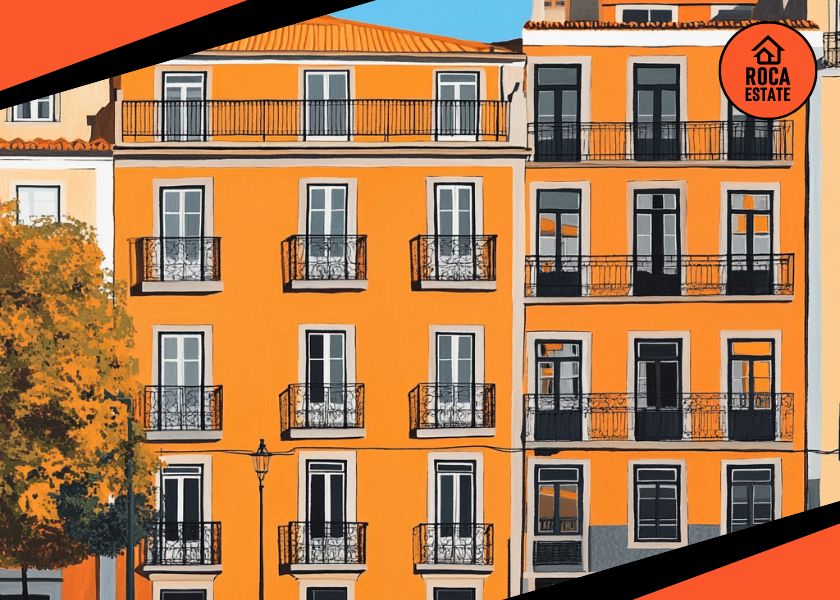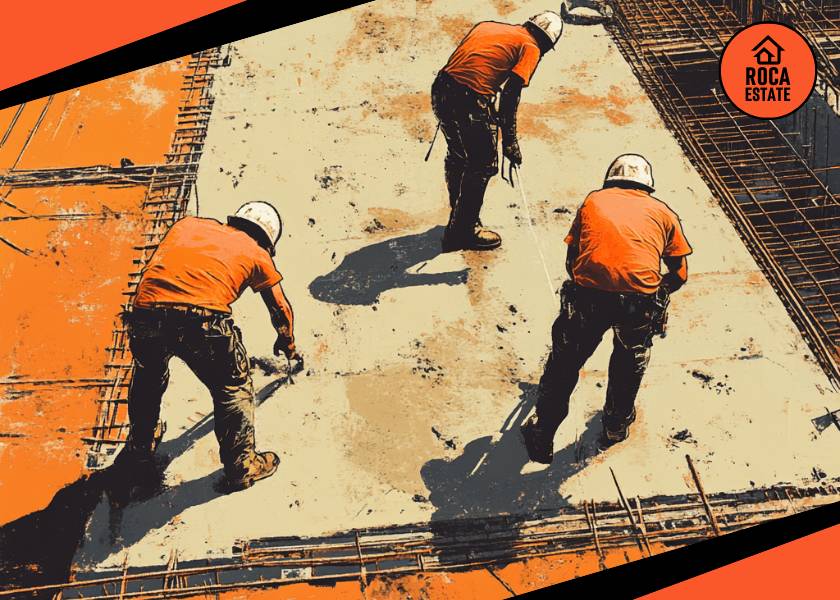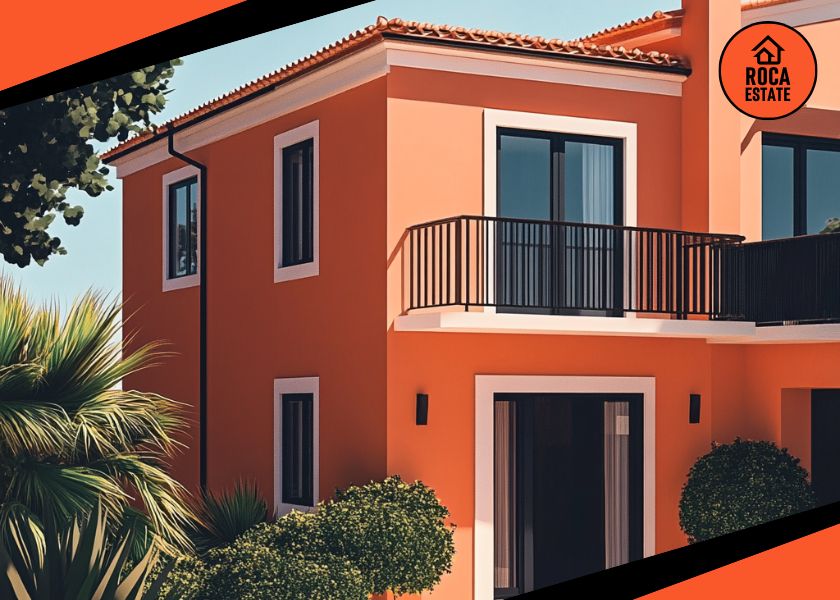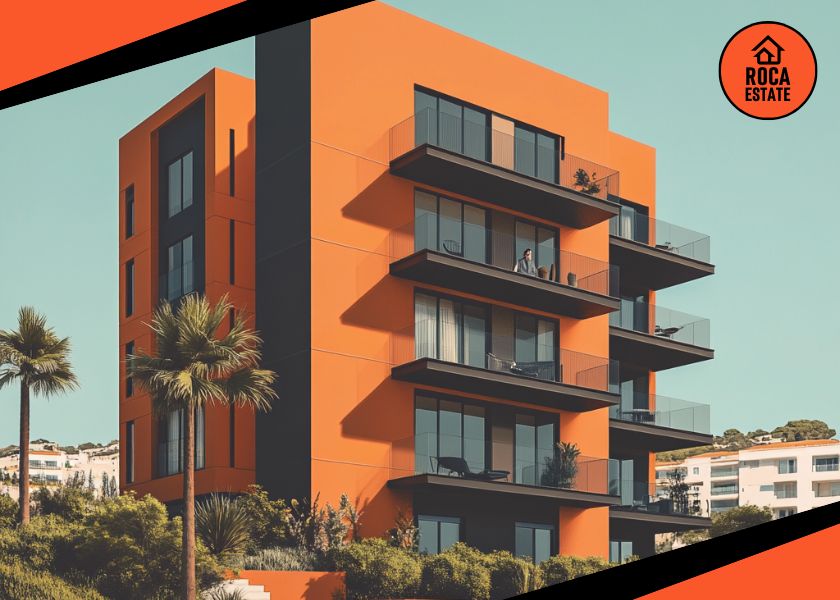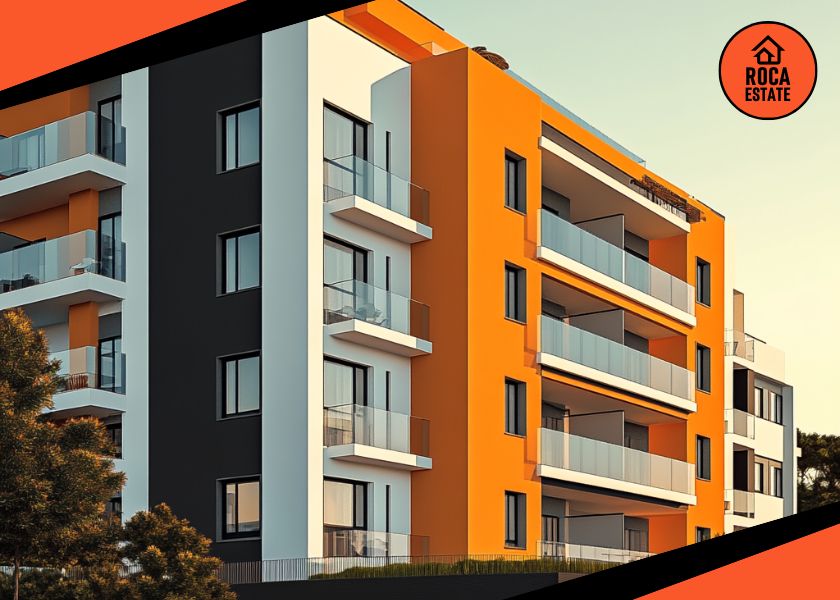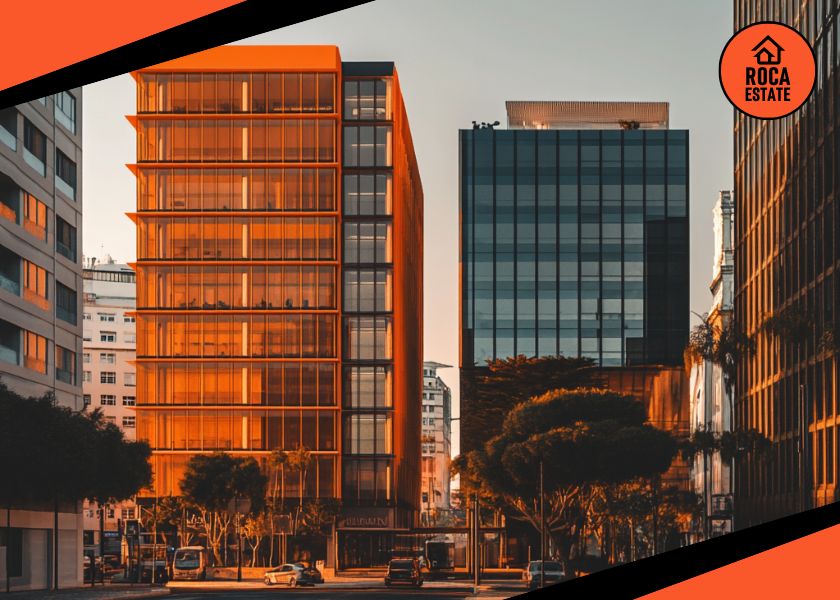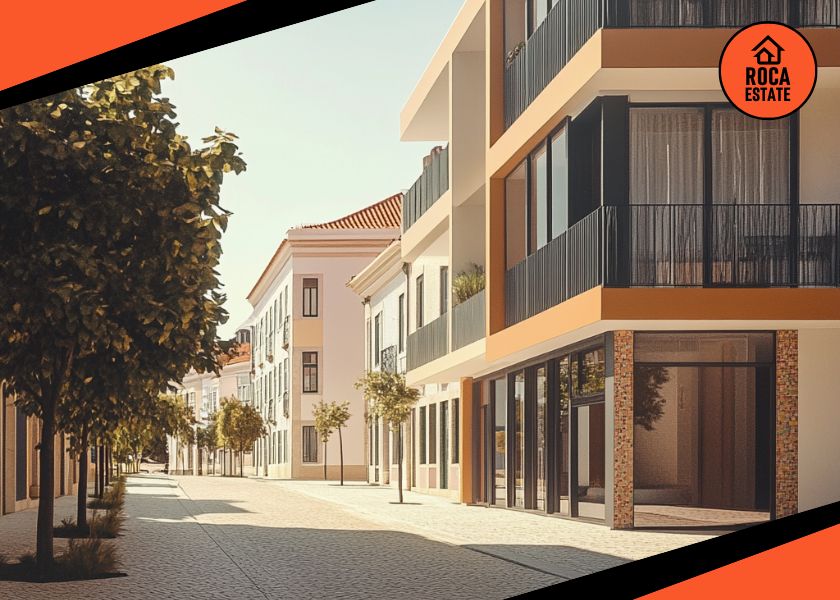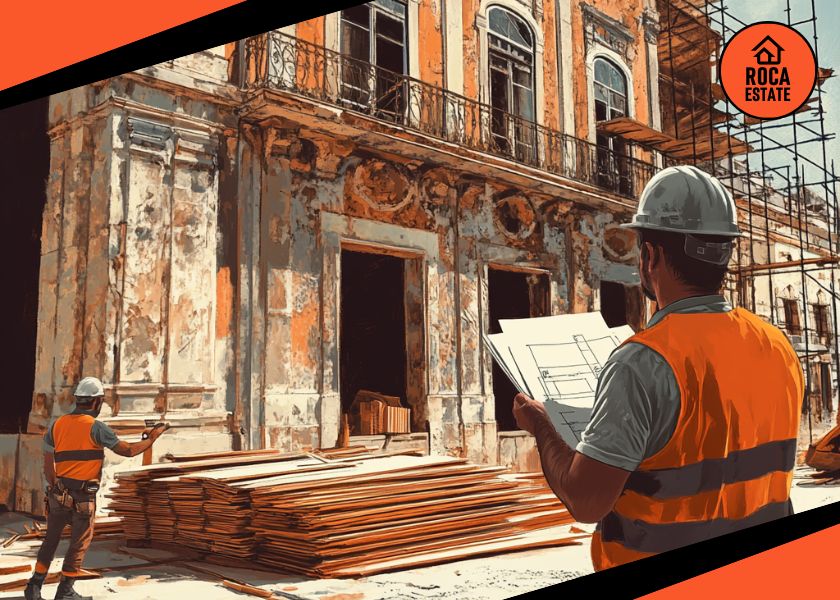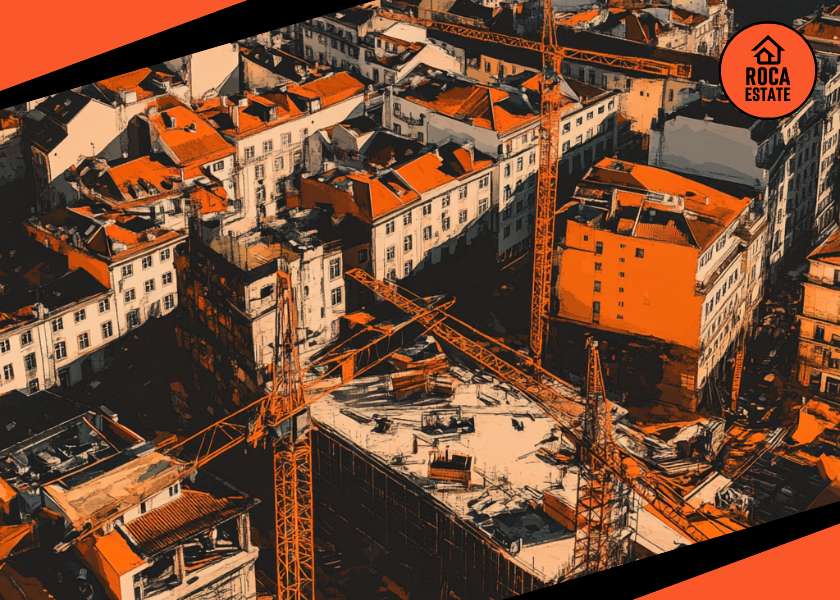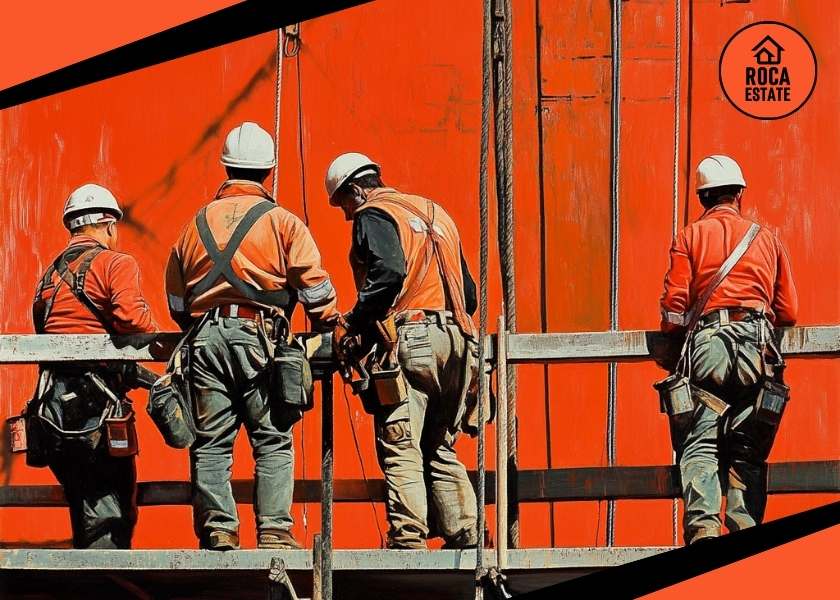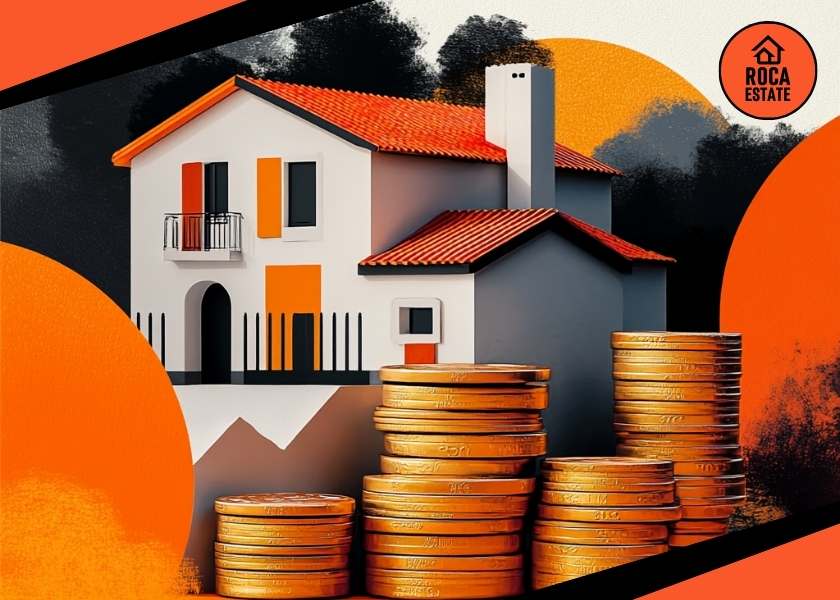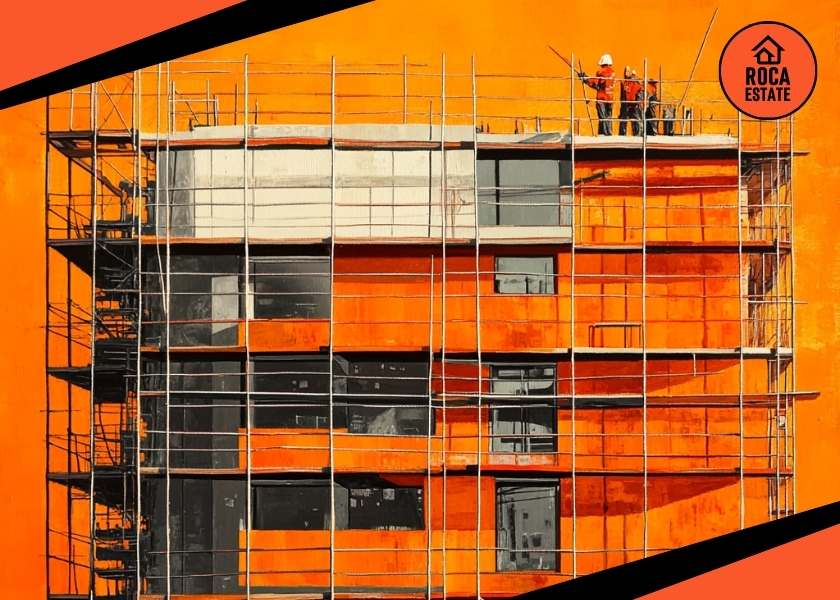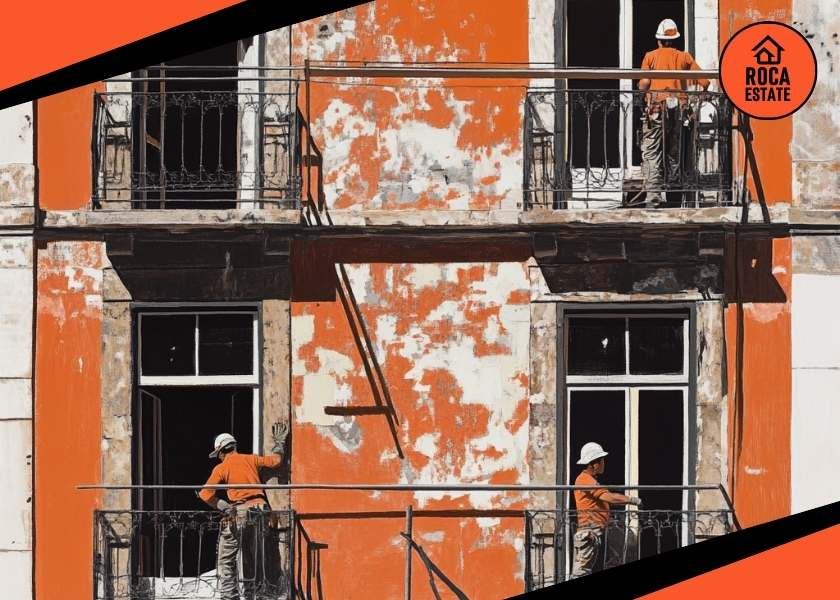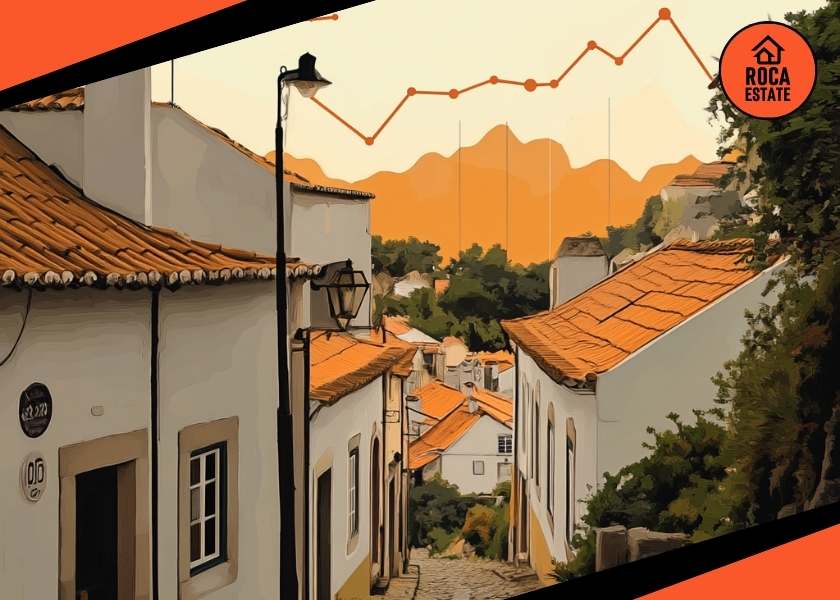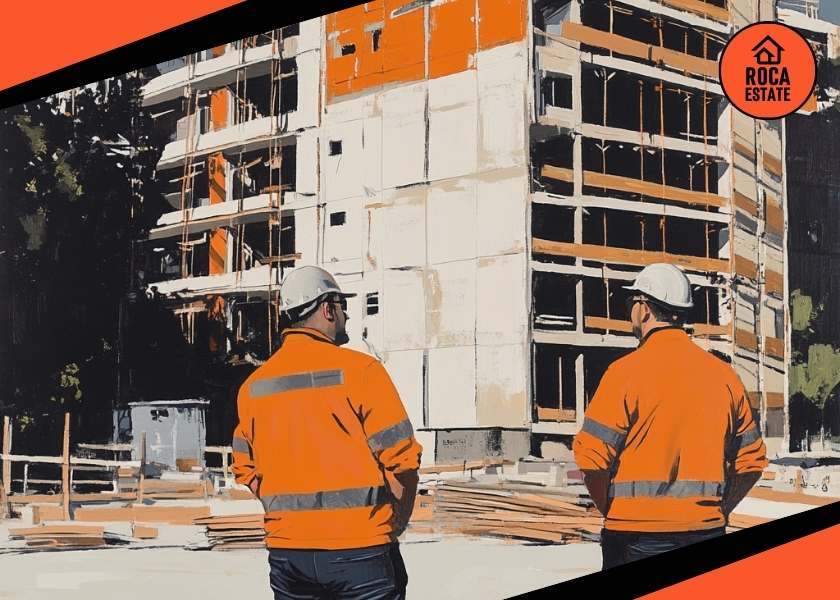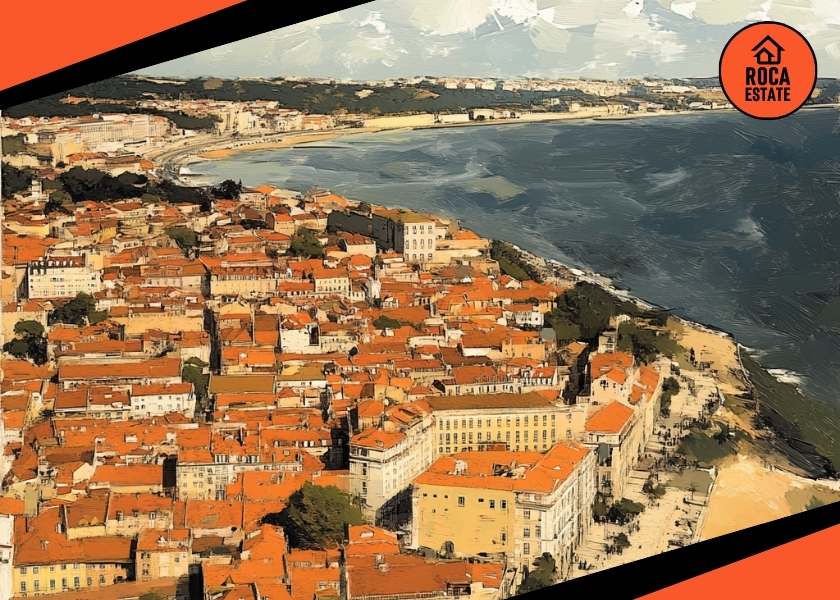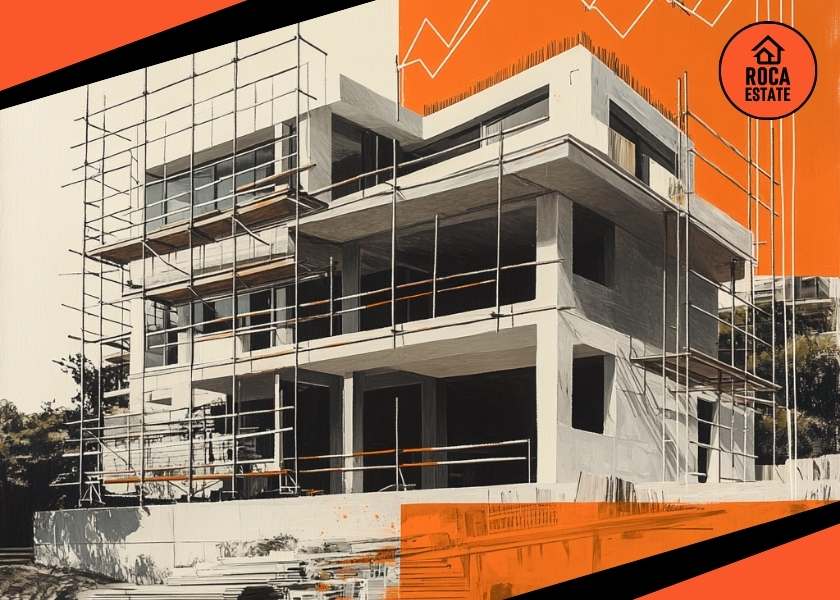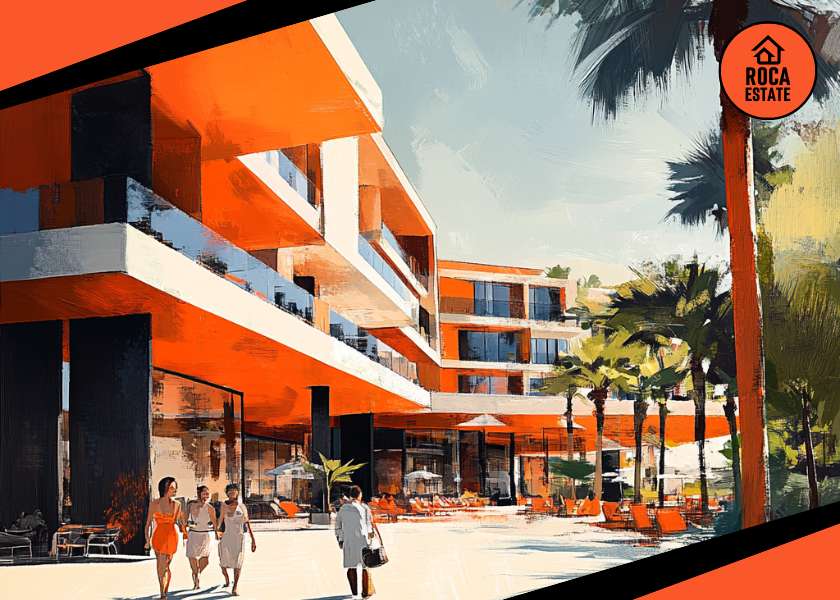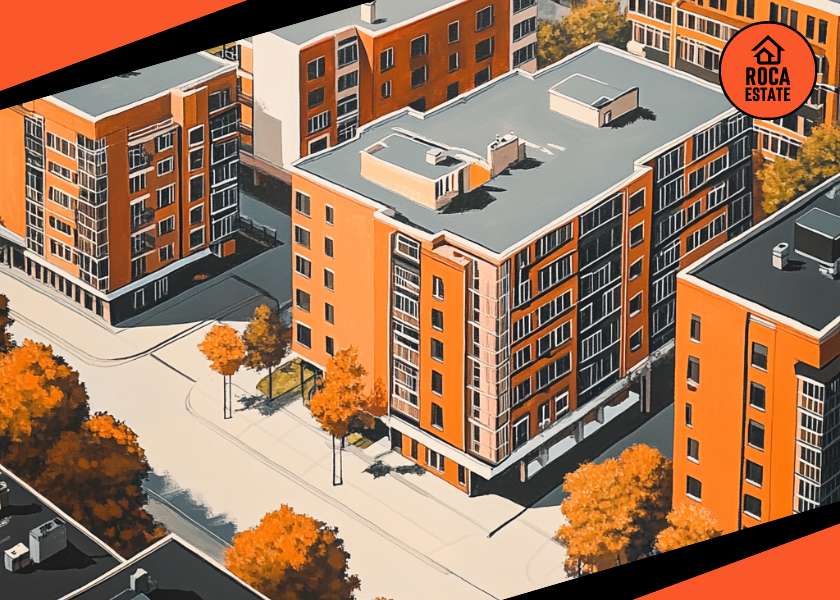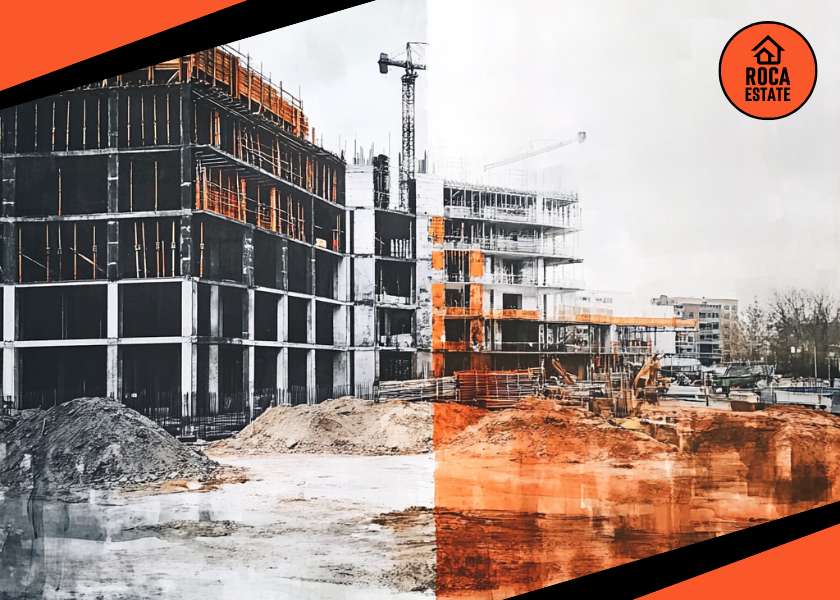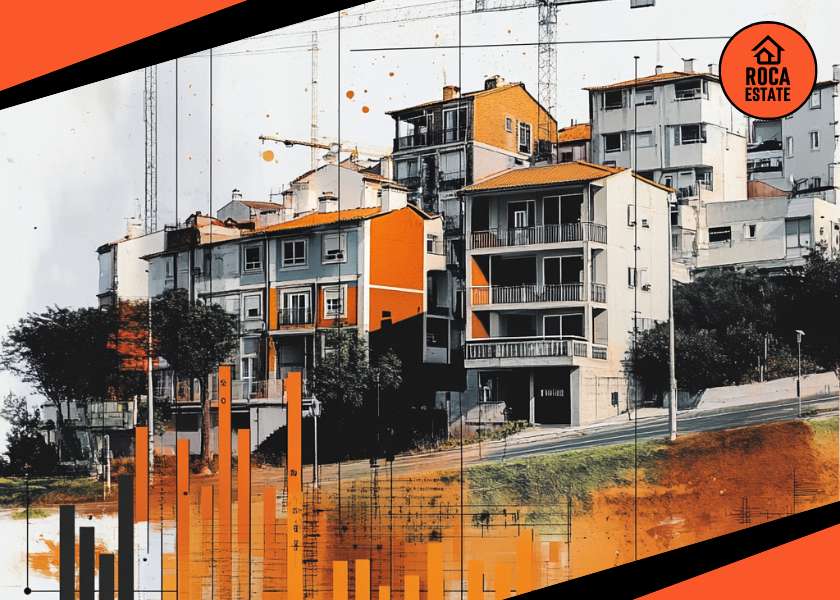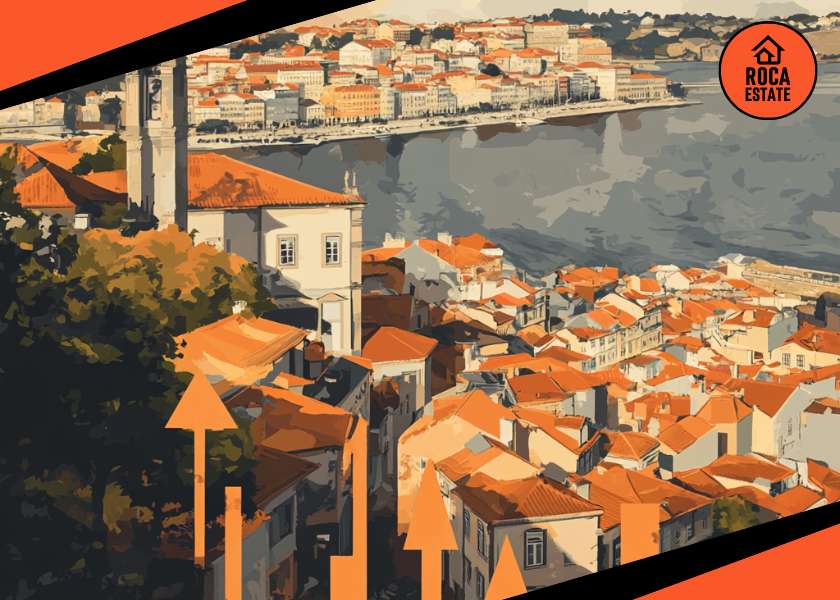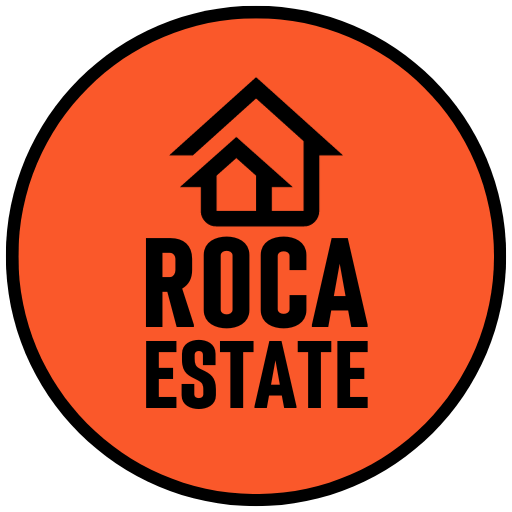Portugal, a land where the richness of history and the vibrancy of modernity converge, offers an enchanting tapestry of experiences for every visitor and potential resident. From the sun-drenched beaches of the Algarve to the historic streets of Porto, each region of Portugal presents a unique allure, characterized by diverse landscapes, a pleasant Mediterranean climate, and a cultural heritage that resonates in its architecture, music, and cuisine. This article invites you on a journey through Portugal’s most captivating regions, unveiling the charm and distinctiveness of each area, and providing a glimpse into the lifestyle that awaits those drawn to its shores. Whether you’re a traveler seeking adventure or someone contemplating a more permanent move, Portugal’s multifaceted regions promise a world of discovery and opportunity.
Portugal Unveiled: A Journey Through Time, Culture, and Natural Splendor
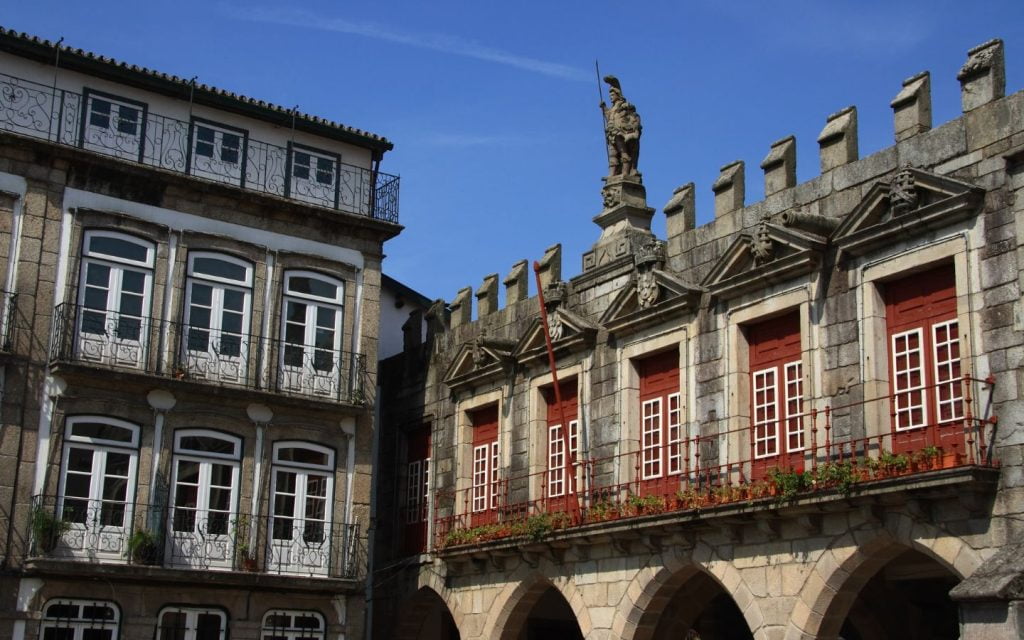
A Storied Past: Echoes of History in Modern Portugal
Portugal’s history is a captivating saga of maritime glory, cultural exchanges, and resilience. The Age of Discovery, spearheaded by Portuguese explorers, marked the country as a pioneer in global navigation and trade. This era left a legacy of rich architectural and cultural heritage, evident in the historic monasteries, fortresses, and the Manueline style that adorns the nation’s landmarks.
In more recent times, Portugal has navigated through various political landscapes, evolving into a stable and progressive democracy. The Carnation Revolution of 1974, a peaceful coup that ended decades of dictatorship, is a testament to the country’s spirit of peaceful transformation and commitment to democratic values.
Cultural Mosaic: A Blend of Tradition and Modernity
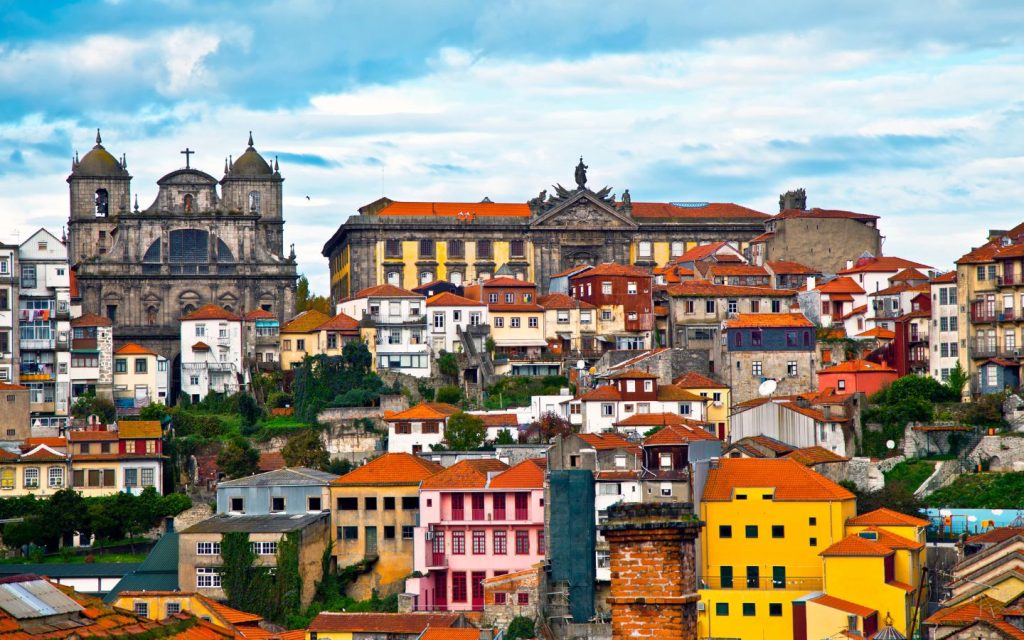
Portuguese culture is a vibrant blend of tradition and modern innovation. The soulful melodies of Fado music, a UNESCO Intangible Cultural Heritage, can be heard in the old neighborhoods of Lisbon and Porto, telling stories of life by the sea. Portuguese literature, with figures such as Fernando Pessoa and José Saramago, reflects the deep introspective, and poetic character of the nation.
On the other hand, modern Portugal is a center of artistic creativity, as evidenced by its thriving contemporary art, film, and music scenes. Events such as the Web Summit in Lisbon showcase Portugal as a growing center of technology and innovation, while traditional festivals such as the Feast of São João in Porto combine age-old customs with modern celebrations.
Climate: A Symphony of Seasons
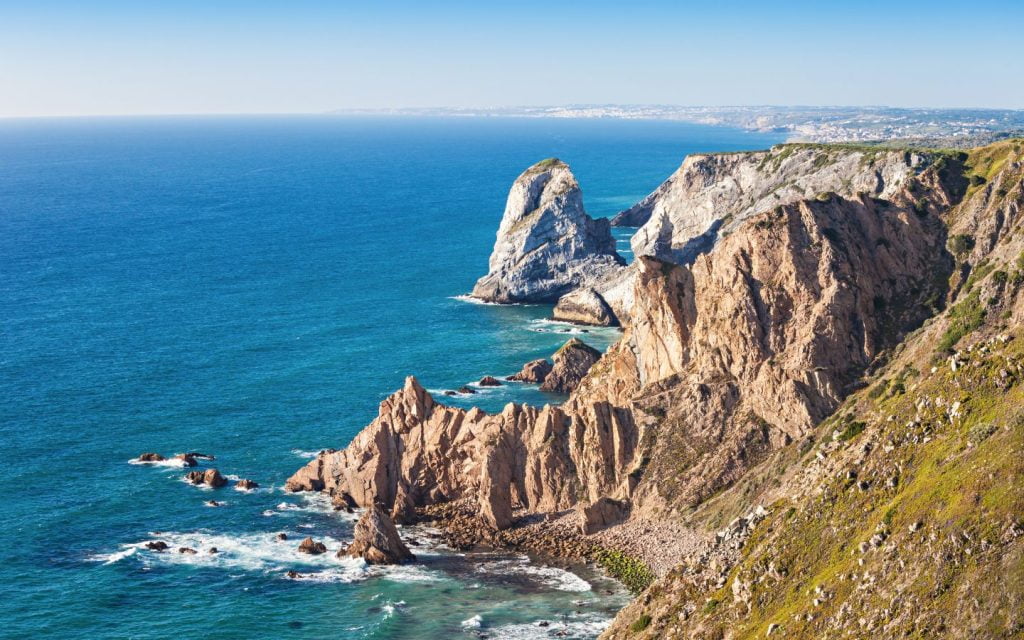
Portugal’s climate is a harmonious blend of Mediterranean warmth and Atlantic freshness. The long, sun-filled summers are perfect for enjoying the country’s extensive coastline, while the mild winters allow for year-round exploration of its scenic countryside. This climate nurtures a lifestyle that is deeply connected to the outdoors, encouraging activities from surfing in the Algarve to hiking in the Serra da Estrela mountains.
The varied geography of Portugal, from the verdant Minho in the north to the arid Alentejo plains, offers a diverse climate palette. This diversity supports a rich agricultural sector, renowned for its wine, olive oil, and cork production, contributing significantly to the country’s economy and culinary richness.
Economy: Resilience and Innovation
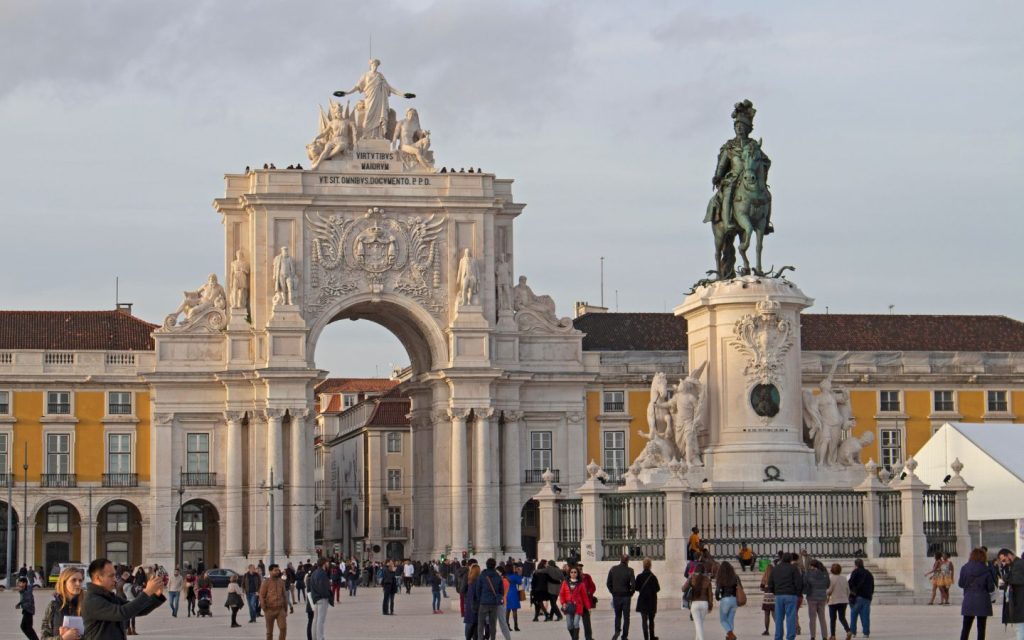
Portugal’s economy, historically rooted in agriculture, fishing, and wine production, has shown remarkable resilience and adaptability. In recent decades, the country has diversified its economic activities, embracing sectors like technology, renewable energy, and tourism. This shift has positioned Portugal as a competitive player in the European market.
The tourism sector, in particular, has seen significant growth, with Portugal becoming a top destination for travelers worldwide. This influx has spurred development in hospitality, retail, and entertainment, contributing to the country’s economic vitality. Moreover, Portugal’s commitment to renewable energy and sustainability initiatives has garnered international recognition, aligning with global efforts towards a greener future.
The Portuguese Real Estate Landscape: Characteristics and Trends
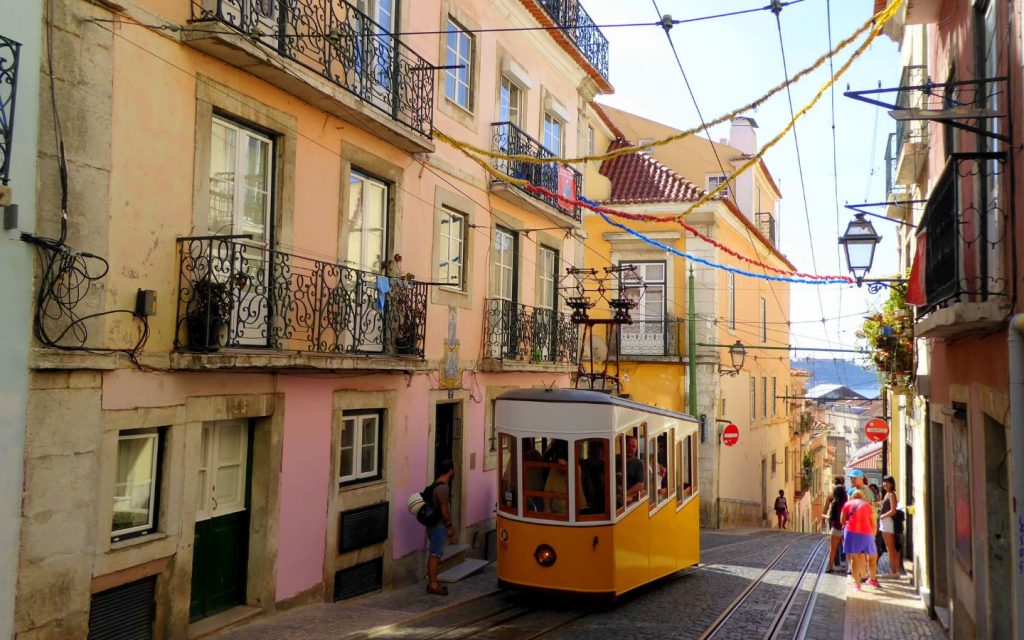
The real estate market in Portugal presents a fascinating array of opportunities and characteristics:
- Diverse Property Choices: The market offers a range from quaint village houses to luxurious city apartments, catering to a variety of lifestyles and preferences.
- Regional Variations: Property values and demand vary significantly between regions, with hotspots like Lisbon, Porto, and the Algarve attracting the most attention.
- Tax Incentives: Portugal offers attractive tax benefits for property owners, including reduced rates for renovation projects and tax exemptions under certain conditions.
- Rising International Interest: The market has seen a surge in international buyers, drawn by the country’s beauty, climate, and quality of life.
- Sustainable Development: There is an increasing focus on sustainable and eco-friendly property developments, reflecting a national commitment to environmental stewardship.
- Urban Renewal Projects: Major cities are undergoing urban renewal, offering opportunities for investment in both residential and commercial properties.
The Portuguese real estate market, with its unique blend of historical charm and modern amenities, offers a compelling proposition for those seeking a home or investment in this enchanting country.
Northern Portugal: A Tapestry of Historic Cities and Timeless Landscapes
Porto: A City of Architectural Grandeur and Cultural Depth
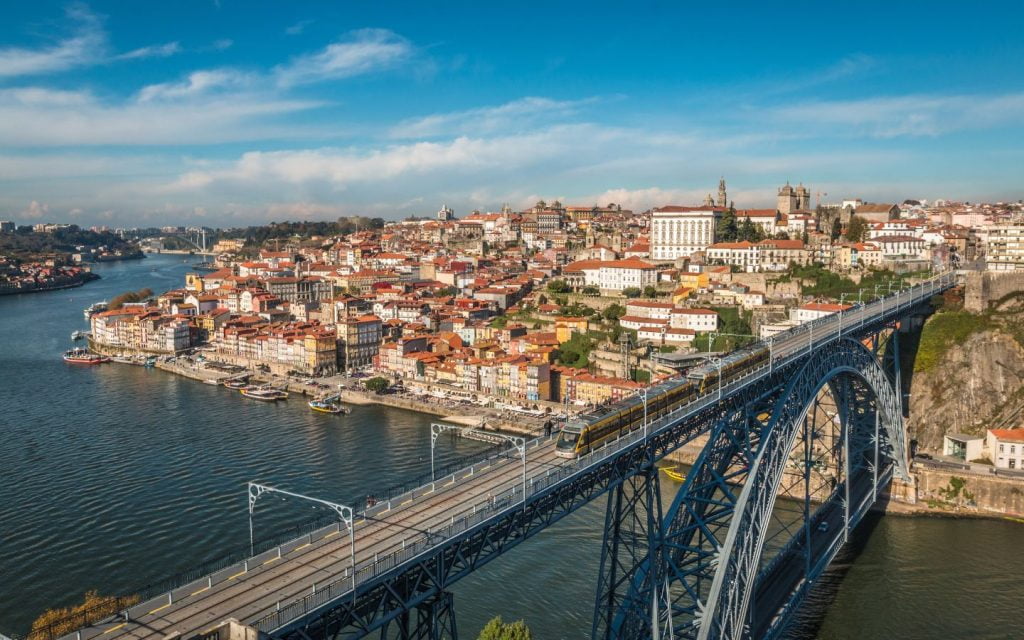
Porto, the second-largest city in Portugal, stands as a testament to architectural grandeur and cultural depth. The city is renowned for its historic center, a UNESCO World Heritage Site, where narrow cobbled streets wind past merchants’ houses and grand plazas. Notable landmarks include the Dom Luís I Bridge and the Clérigos Tower, showcasing a blend of Baroque and Neoclassical styles. Porto’s contemporary side is equally vibrant, with modern art galleries, bustling markets, and a dynamic culinary scene that offers both traditional Portuguese fare and innovative cuisine.
The city’s connection to Port wine adds a unique dimension to its cultural landscape. The Vila Nova de Gaia, located across the Douro River, is home to numerous Port wine cellars, where visitors can learn about the wine’s history and partake in tastings. Porto’s riverfront, the Ribeira, is a lively area filled with cafes and street performers, offering a picturesque view of the city’s colorful houses and the river.
Douro Valley: A Landscape of Natural Beauty and Winemaking Heritage
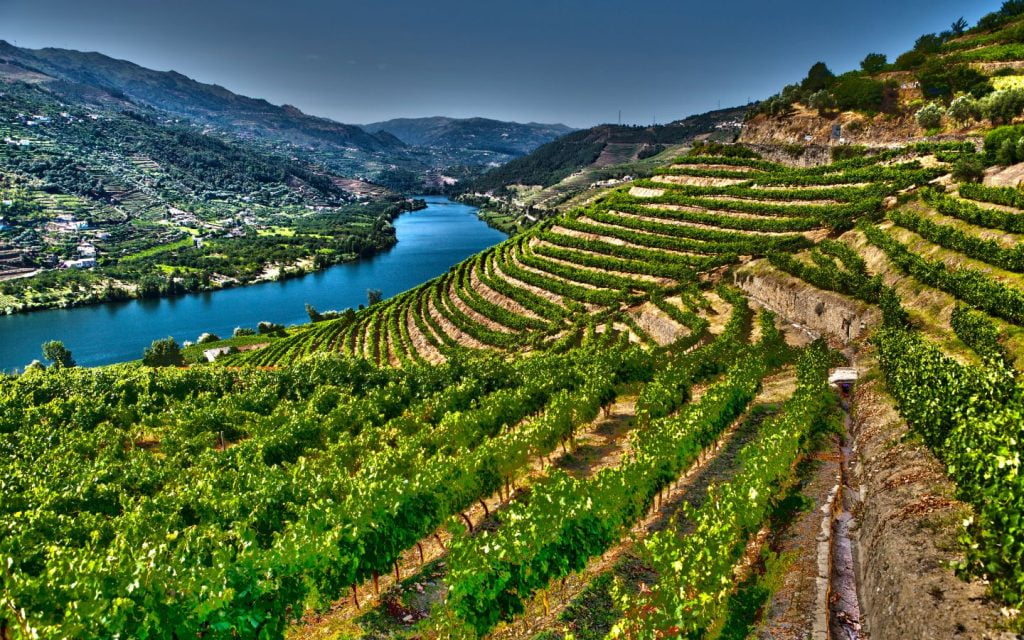
The Douro Valley, famous for its terraced vineyards and scenic beauty, is a prime destination for wine enthusiasts and nature lovers. This region, also a UNESCO World Heritage Site, is the oldest demarcated wine region in the world, known primarily for its production of Port wine. The valley’s landscape, characterized by rolling hills and the meandering Douro River, creates a serene backdrop for exploring the numerous quintas (wine estates) that offer tours and tastings.
Apart from its winemaking heritage, the Douro Valley is also a place of natural wonders. The region offers various outdoor activities, including river cruises, hiking, and scenic train rides that provide breathtaking views of the vine-covered hillsides. The area’s small towns and villages, such as Peso da Régua and Pinhão, offer a glimpse into traditional Portuguese life, with their quaint streets and local markets.
Braga: A Fusion of Ancient History and Contemporary Life
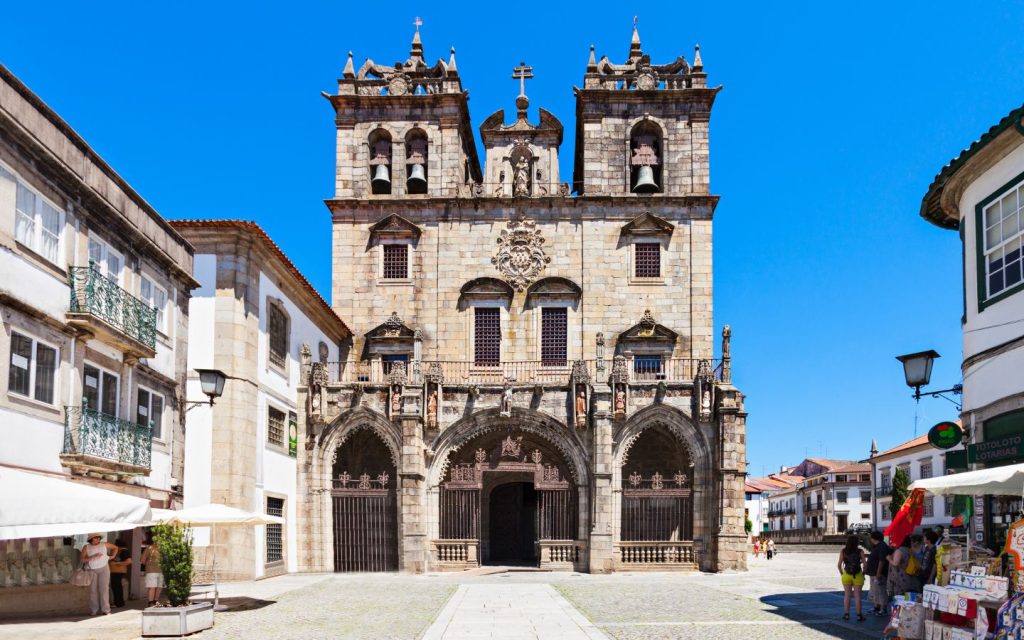
Braga, one of Portugal’s oldest cities, is a blend of ancient history and contemporary living. The city is known for its religious heritage, exemplified by the Bom Jesus do Monte, a pilgrimage site with a stunning Baroque stairway. Braga’s historic center is a showcase of centuries-old churches and elegant squares, reflecting the city’s significance as a former Roman settlement and a medieval archiepiscopal seat.
In recent years, Braga has emerged as a center of innovation and education, home to a young and dynamic population. The city hosts several universities and research institutions, fostering a lively academic atmosphere. Braga’s cultural calendar is filled with events and festivals, blending traditional religious celebrations with modern arts and music festivals, making it a vibrant place to visit year-round.
Guimarães: The Birthplace of a Nation
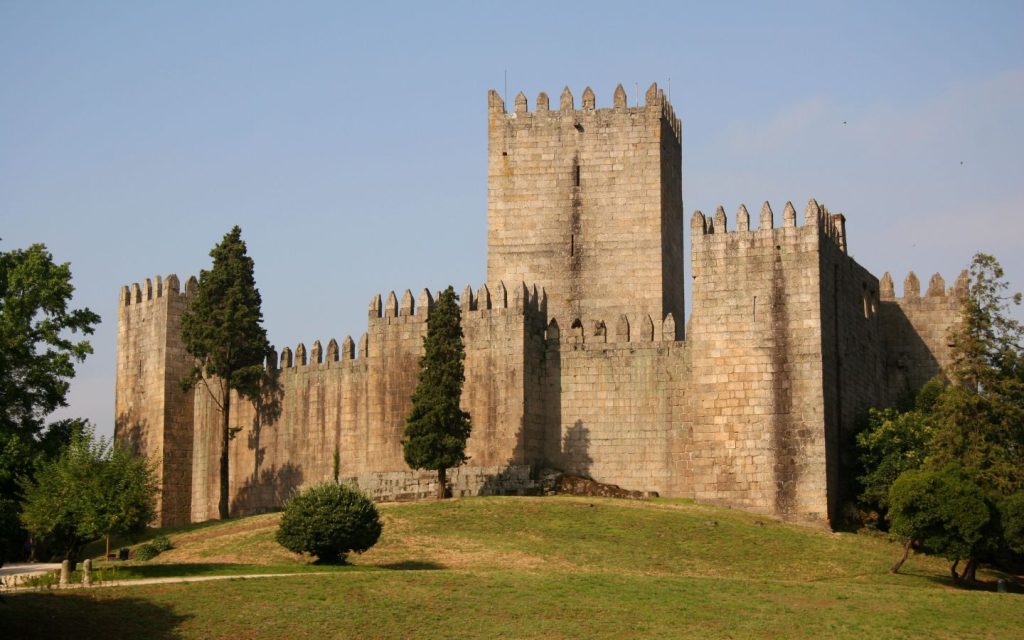
Guimarães, often referred to as the birthplace of Portugal, is a city steeped in historical significance. The Guimarães Castle and the Palace of the Dukes of Braganza are key landmarks, offering insights into the nation’s early history. The city’s well-preserved medieval center, another UNESCO World Heritage Site, features a network of narrow streets lined with old houses, leading to charming plazas and historic buildings.
Beyond its historical allure, Guimarães is also known for its cultural vitality. The city was the European Capital of Culture in 2012, a recognition of its efforts to preserve its heritage while promoting contemporary arts. Guimarães hosts numerous cultural events, including film festivals, art exhibitions, and live performances, making it a significant cultural hub in the northern region of Portugal.
The Lisbon Region – A Combination of Cultural Riches and Coastal Splendor
Lisbon: The Vibrant Heart of Portugal
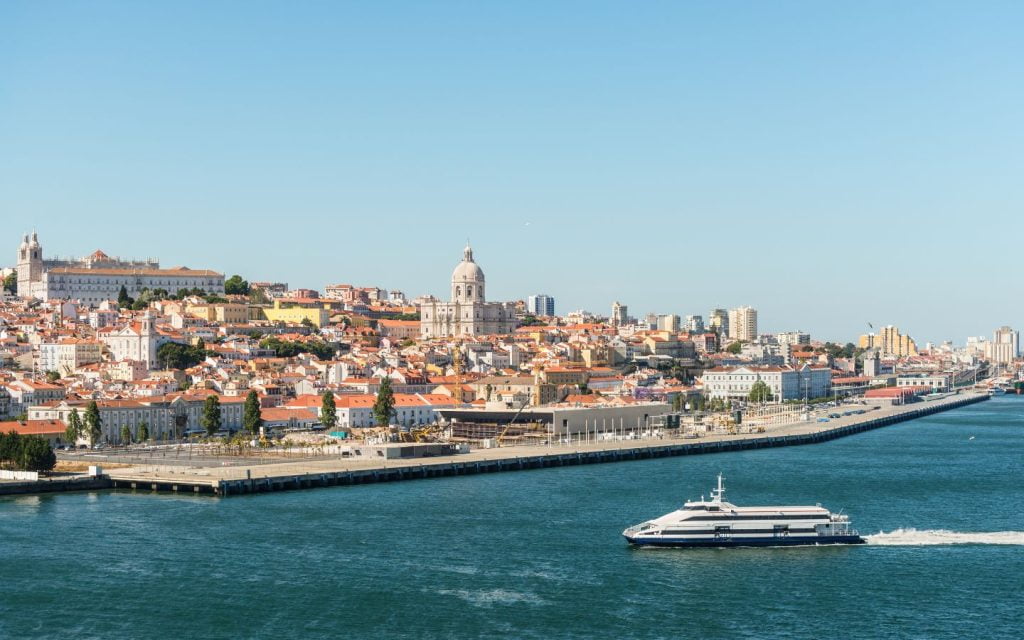
Lisbon, Portugal’s capital city, is a bustling metropolis where history and modernity seamlessly intertwine. The city’s landscape is characterized by its iconic seven hills, offering panoramic views of the Tagus River and the Atlantic Ocean. Architectural highlights include the Jerónimos Monastery and Belém Tower, emblematic of the city’s maritime history and Manueline style. Lisbon’s Alfama district, with its narrow streets and traditional Fado houses, provides a glimpse into the city’s Moorish past.
Lisbon is also a center for contemporary culture, innovation, and gastronomy. The city’s newer districts, such as Parque das Nações, showcase modern architecture and urban design. Lisbon’s culinary scene is diverse, ranging from traditional Portuguese cuisine to international fusion, complemented by its thriving café culture and vibrant nightlife. The city’s museums, galleries, and cultural events reflect its status as a dynamic European capital.
Sintra: A Fairytale Escape
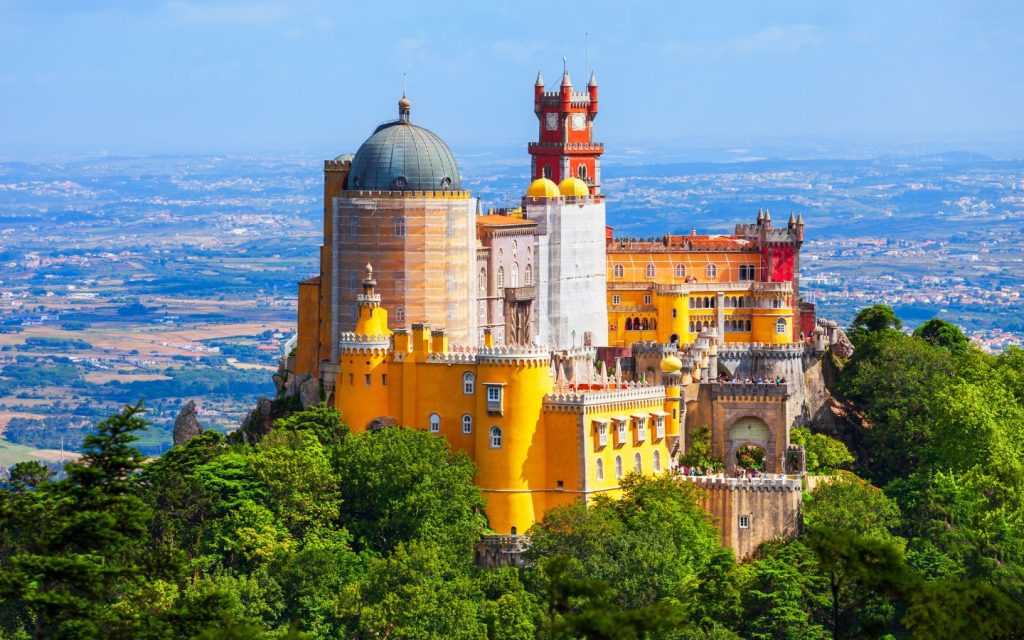
Sintra, nestled in the foothills of the Sintra Mountains, is a town of unparalleled beauty, often described as a fairytale escape. The town is renowned for its 19th-century Romanticist architecture, historic estates, and lush gardens. The Pena Palace, with its vivid colors and eclectic design, stands as a primary example of the Romantic style. The Moorish Castle and the enigmatic Quinta da Regaleira are other notable attractions, each with its own unique history and charm.
The natural landscape of Sintra, with its dense forests and mild microclimate, offers a refreshing retreat from the city. The area’s walking trails and viewpoints, such as the Cruz Alta and the Capuchos Convent, provide stunning views of the surrounding countryside and the Atlantic coast. Sintra’s historical and natural wonders have earned it a place on the UNESCO World Heritage list, making it a must-visit destination in the Lisbon region.
Cascais: Coastal Elegance and Leisure
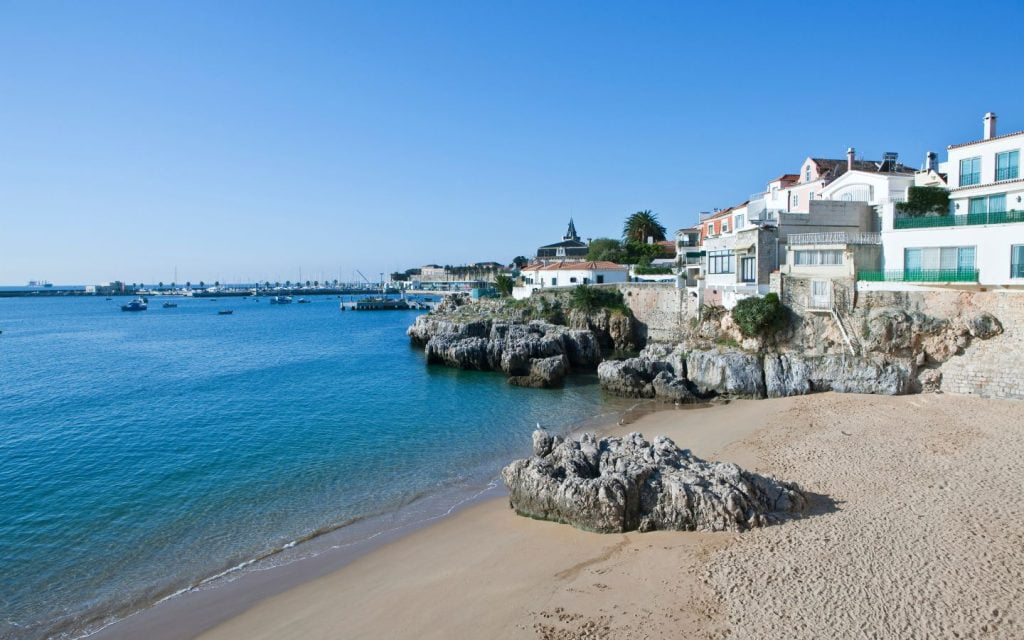
Cascais, once a quaint fishing village, has transformed into a sophisticated seaside town, known for its elegant charm and leisurely lifestyle. The town’s beaches, such as Praia da Ribeira and Praia do Guincho, are popular for sunbathing, surfing, and windsurfing. The Cascais Marina is a hub for sailing and water sports, adding to the town’s maritime appeal. Cascais’ historic center, with its cobbled streets and traditional Portuguese architecture, offers a variety of shops, restaurants, and art galleries.
Beyond its coastal allure, Cascais is also rich in cultural heritage. The Museu Condes de Castro Guimarães and the Casa das Histórias Paula Rego are notable cultural institutions, showcasing art and history. The town’s proximity to Lisbon and Sintra makes it an ideal location for visitors seeking a blend of beach relaxation and cultural exploration.
Península de Setúbal: A Hidden Gem of Natural Beauty
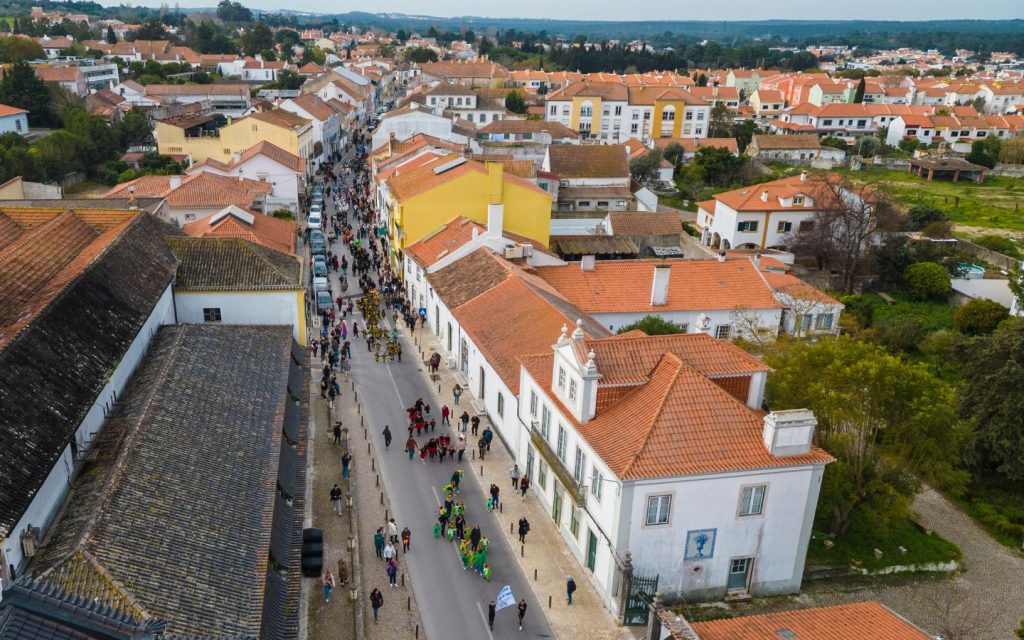
The Península de Setúbal, located south of Lisbon, is a region of diverse landscapes and natural beauty. The Arrábida Natural Park, with its rolling hills and crystal-clear waters, offers a serene environment for hiking, bird watching, and enjoying the Mediterranean flora. The park’s beaches, such as Praia da Figueirinha and Praia dos Coelhos, are known for their tranquil settings and stunning views.
The peninsula is also celebrated for its wine production, particularly the Moscatel de Setúbal. The region’s wineries and vineyards offer tours and tastings, providing insight into the local wine-making traditions. The town of Setúbal itself, with its historic center and bustling fish market, offers a taste of authentic Portuguese life. The nearby Sado Estuary is a haven for wildlife, including a community of bottlenose dolphins, adding to the region’s ecological appeal.
The Algarve – Exploring the Sun-Kissed Southern Shores
Faro: The Gateway to the Algarve
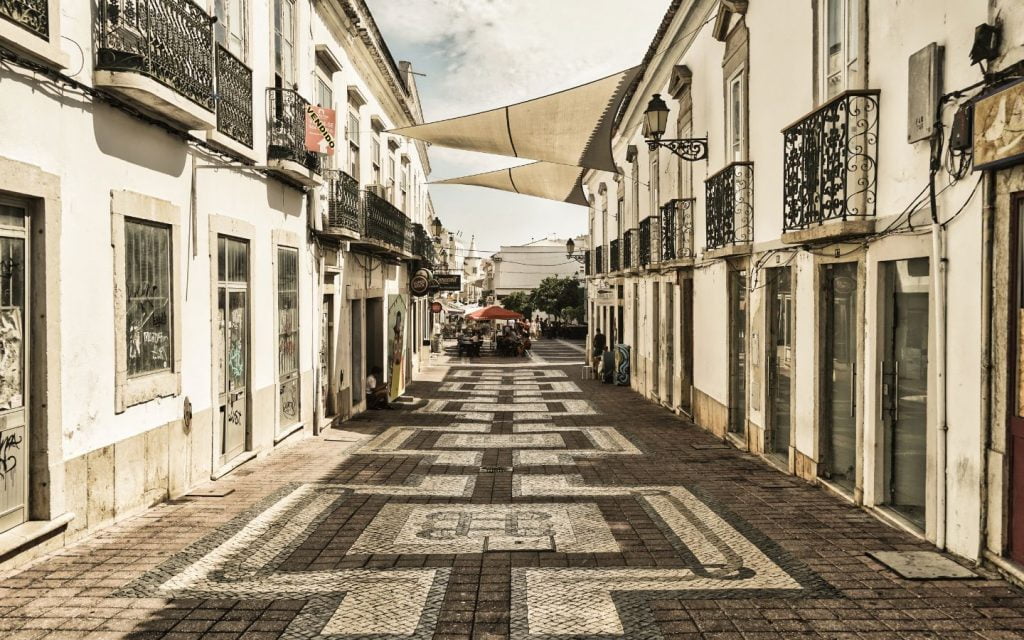
Faro, the capital of the Algarve region, serves as both a historical and contemporary center. The city’s Old Town, a well-preserved area surrounded by Roman walls, is a testament to Faro’s rich history. Visitors can explore the medieval Cathedral of Faro and the Arco da Vila, one of the gates to the city, which exhibit a blend of Gothic and Baroque architectural styles. The cobbled streets and leafy plazas of the Old Town offer a tranquil escape from the bustling modern city.
Faro is not just about historical charm, it also serves as a gateway to the Ria Formosa Natural Park, a series of saltwater lagoons and islands that are a haven for birdwatchers and nature enthusiasts. The park’s unique ecosystem can be explored via boat tours, which offer opportunities to observe diverse bird species and the park’s serene natural beauty. Faro’s proximity to the airport and other Algarve destinations makes it an ideal starting point for exploring the region.
Lagos: A Blend of History and Coastal Beauty
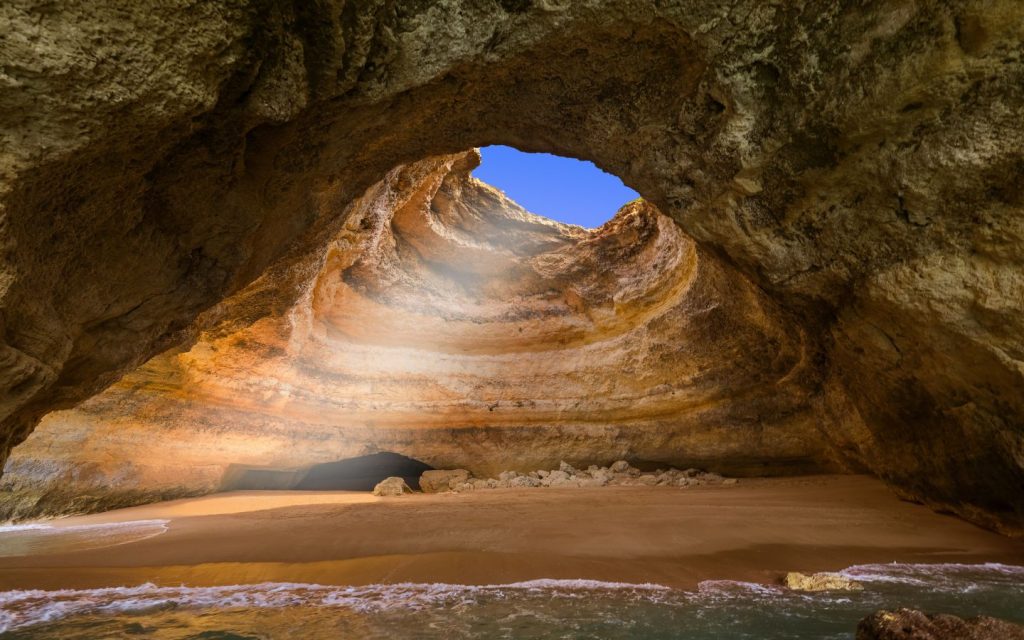
Lagos is a coastal town known for its historical significance and stunning natural landscapes. The town’s rich history is evident in landmarks like the 16th-century Lagos Castle and the Forte da Ponta da Bandeira, which offer insights into Portugal’s Age of Discoveries. The historic center of Lagos, with its traditional architecture and picturesque squares, is a delightful area for leisurely exploration.
Beyond its historical allure, Lagos is famed for its breathtaking coastline. The Ponta da Piedade, with its dramatic cliffs and turquoise waters, is a natural wonder that attracts photographers and nature lovers alike. Beaches such as Praia Dona Ana and Meia Praia are popular for their golden sands and clear waters, ideal for swimming, sunbathing, and water sports. Lagos’ combination of cultural heritage and natural beauty makes it a compelling destination in the Algarve.
Olhão: A Traditional Fishing Town with Modern Appeal
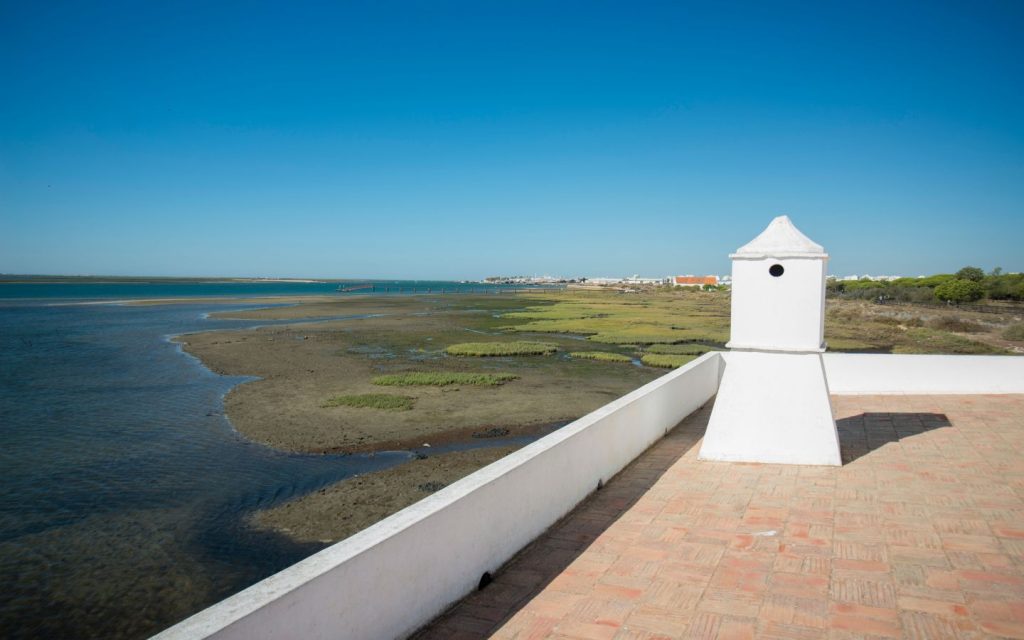
Olhão, a traditional fishing town, offers a glimpse into the Algarve’s maritime heritage. The town is renowned for its bustling fish market, where local fishermen bring in their daily catch, providing a unique insight into the town’s way of life. Olhão’s waterfront, lined with restaurants and cafes, is the perfect place to enjoy fresh seafood while taking in views of the Ria Formosa lagoons.
In recent years, Olhão has embraced modernity while preserving its traditional character. The town’s streets are a mix of old fishermen’s houses and contemporary buildings, reflecting its evolution. Visitors can take boat trips from Olhão to explore the nearby islands of the Ria Formosa, such as Ilha da Culatra and Ilha da Armona, which offer unspoiled beaches and a tranquil escape from the mainland. Olhão’s blend of tradition and modernity, combined with its natural surroundings, makes it a unique destination in the Algarve.
Roca Estate – Navigating Your Path to Portuguese Living
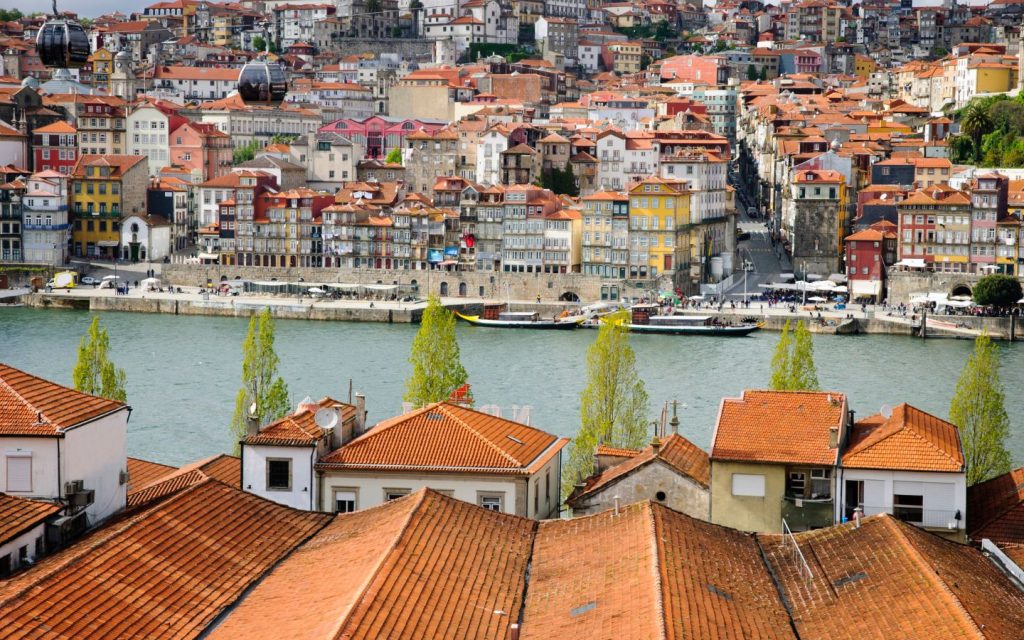
Roca Estate stands as a beacon of excellence in the Portuguese property landscape. Founded with a deep-seated mission to facilitate the journey of owning a dream property in Portugal, Roca Estate has established itself as a premier real estate agency. Our ethos is rooted in efficiency, quality, and a client-centric approach, ensuring that every interaction with us is seamless and exceeds expectations.
At Roca Estate, we understand that the process of finding the perfect property can be daunting. To address this, we have streamlined our services to quickly and conveniently present you with a selection of properties that align with your aspirations. Whether you are looking for a permanent residence or a tranquil vacation home, our portfolio includes a diverse range of properties, from contemporary urban apartments to serene coastal villas, all situated within Portugal’s stunning landscapes.
Tailored Services for a Diverse Clientele
Our services are designed to cater to a wide array of property needs, ensuring that each client’s unique requirements are met with the utmost professionalism and expertise. Our core offerings include:
- Personalized Property Search: We offer bespoke property search services, tailored to your specific preferences and requirements, ensuring a selection of properties that perfectly match your criteria.
- Expert Market Analysis: Our team provides comprehensive market analysis, offering insights into current trends and future projections, and helping you make informed decisions.
- Legal and Financial Guidance: Navigating the legal and financial aspects of property transactions can be complex. We offer expert guidance to ensure a smooth and compliant process.
- Property Management: For investors and absentee owners, we offer property management services, ensuring your investment is well-maintained and yielding optimal returns.
- After-Sales Support: Our relationship with clients extends beyond the sale. We provide after-sales support, assisting with any post-purchase needs or concerns.
- Rental Services: For clients looking to rent their properties, we offer rental management services, including tenant screening, lease management, and maintenance coordination.
Roca Estate is more than just a real estate agency, we are your partner in realizing your dream of living in Portugal. With our expertise, dedication, and extensive portfolio, we are poised to guide you every step of the way in finding your ideal property in this beautiful country.
Embracing the Portuguese Dream – Your Journey Begins with Roca Estate
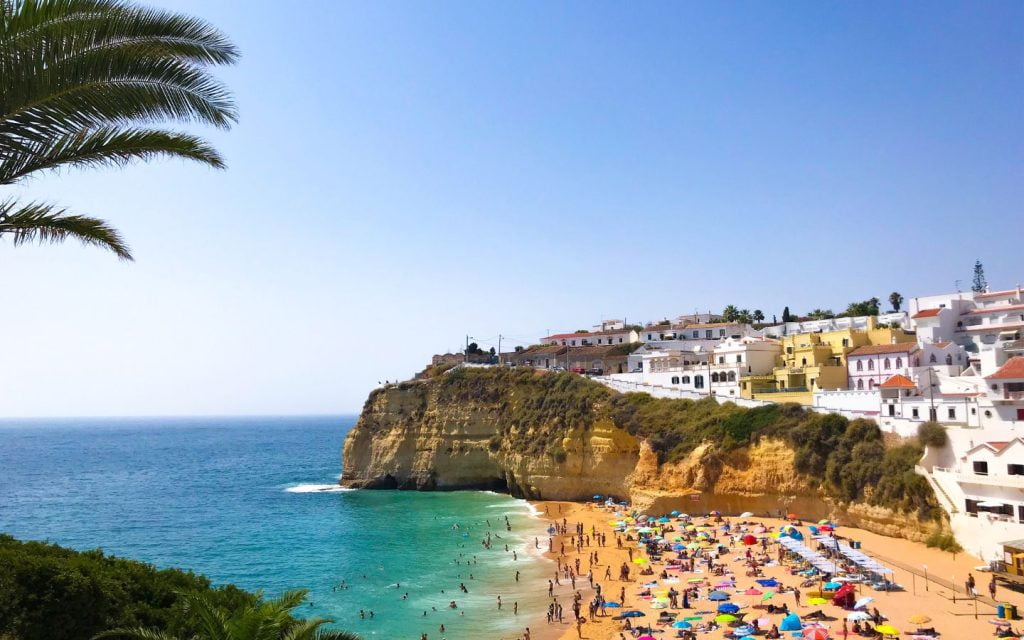
As we conclude our journey through Portugal, from the historic streets of Porto to the sunlit shores of the Algarve, it’s clear that this country offers a wealth of experiences. Each region, with its unique blend of culture, history, and natural beauty, presents an opportunity to explore and discover. Whether you’re captivated by the cultural richness of Lisbon, the serene landscapes of the Douro Valley, or the coastal charm of the Algarve, Portugal is a country that continues to enchant and inspire.
For those who find themselves drawn to the allure of Portugal and are considering making a part of it their own, Roca Estate stands ready to assist. Our expertise in the Portuguese real estate market, combined with our commitment to personalized service, makes us the ideal partner in your property journey. We invite you to reach out to us, explore our diverse property listings, and take the first step toward making your dream of living in Portugal a reality. Contact Roca Estate today, and let us help you find your perfect home in this remarkable country.
If you’re inspired by Portugal’s diverse regions and considering Portugal for investment, it’s essential to know who stands behind your journey. Learn more about our team, values, and mission by visiting our About Us page. Understanding who you partner with is a key step when exploring investment real estate in Portugal.

